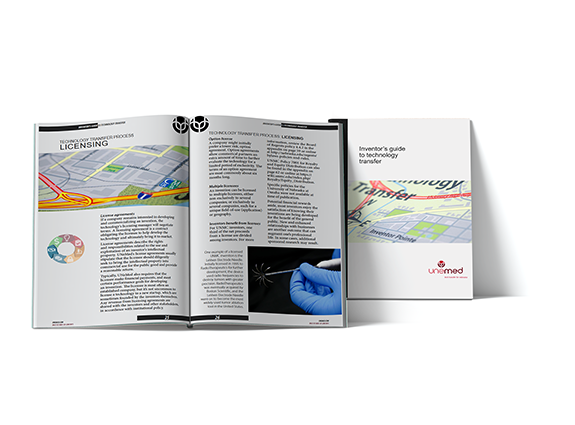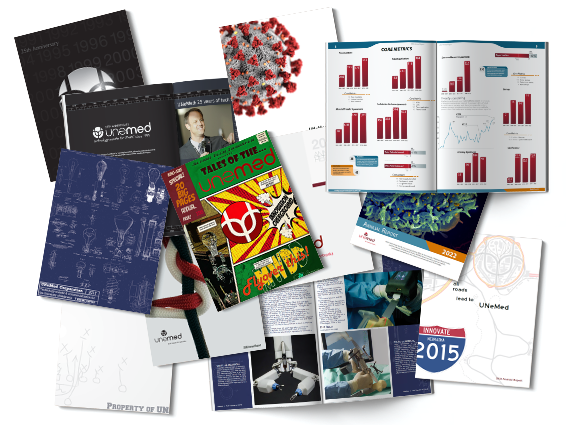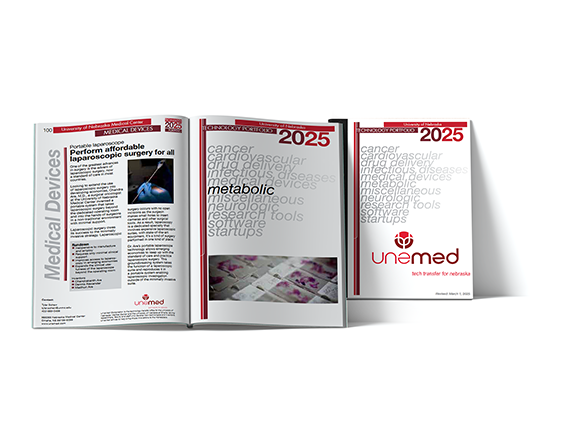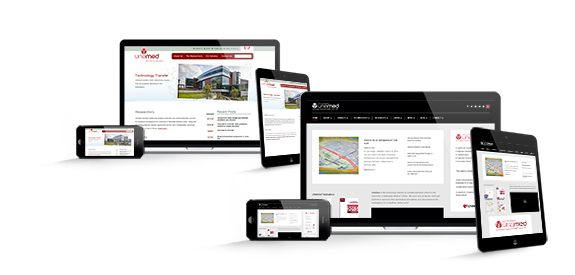
Professional communications expert and strategist, available for consulting, contract work, and long-term or one-off projects, large or small
Let’s talk about possibilities
More
I have more than 15 years of demonstrated skills, experience and expertise ranging from an award-winning journalism background to more recent success navigating higher education and the healthcare landscape. Adept at a broad spectrum of specialties, displays notable agility in brand-building, project management and guiding teams through a coherent and comprehensive communications strategy that aligns with a company’s mission, vision and values.




